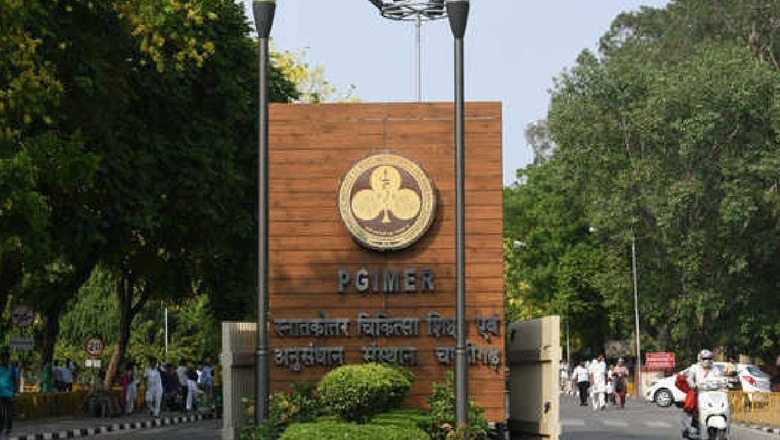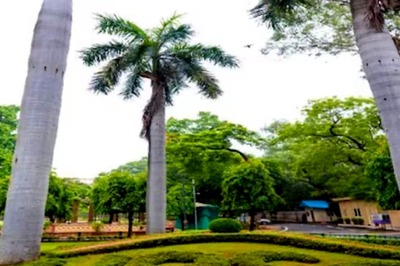
views
Chandigarh’s PGIMER-Sarangpur flyover project, revived in September 2023, finds itself in a state of limbo once again.
The main reason this time is the Tricity metro plan, with a corridor slated to intersect the proposed flyover route, leaving authorities grappling with decisions regarding elevated or underground infrastructure.
Hindustan Times reports that the Tricity Metro plan, an integral part of Phase 1, spans across Chandigarh, Mohali and Panchkula, featuring three corridors. Among them, the 32-km stretch between Paroul, New Chandigarh and Sector 28, Panchkula, encompasses the PGIMER-Sarangpur region, where a 1.75 km flyover has been envisioned.
However, the initiation of work on the flyover hinges on a crucial decision yet to be made by the central government – whether the Metro infrastructure on the same corridor will be elevated or underground.
Proposed in 2020, the 1.75-km flyover, including a 1.3-km elevated stretch, was anticipated to cost around Rs 90 crore.
The flyover’s planned width is approximately 19.1 meters, with a carriageway width of 17.5 meters.
This four-lane elevated road aims to facilitate smooth traffic flow from PGIMER towards Mullanpur, Sarangpur and Baddi in Himachal Pradesh, addressing traffic concerns and bolstering connectivity in the region.
The project had faced a temporary setback due to the COVID-19 pandemic but was reinstated by the UT administration in September last year, with plans to commence work in April this year.
The UT engineering department even commissioned consultants to draft a feasibility report and conducted a geotechnical study for the project.
UT Chief Engineer CB Ojha was quoted by Hindustan Times emphasising, “The fate of the flyover depends on whether the Metro stations and tracks will be elevated or underground. So, we have to wait for the finalization of the Metro plan.”
The UT administration leans towards a fully underground Metro network in Chandigarh, considering the potential impact of an elevated network on the city’s aesthetic landscape.
As per the current plan, approximately 8 km of the proposed 20 km network in Chandigarh is elevated.
Opting for underground corridors, however, is expected to escalate the expenditure by nearly Rs 8,000 crore, bringing the total project cost to around Rs 19,000 crore.
UT officials are diligently working on a detailed report highlighting the necessity of an underground network, which will be submitted to the Union Ministry of Housing and Urban Affairs for approval.


















Comments
0 comment